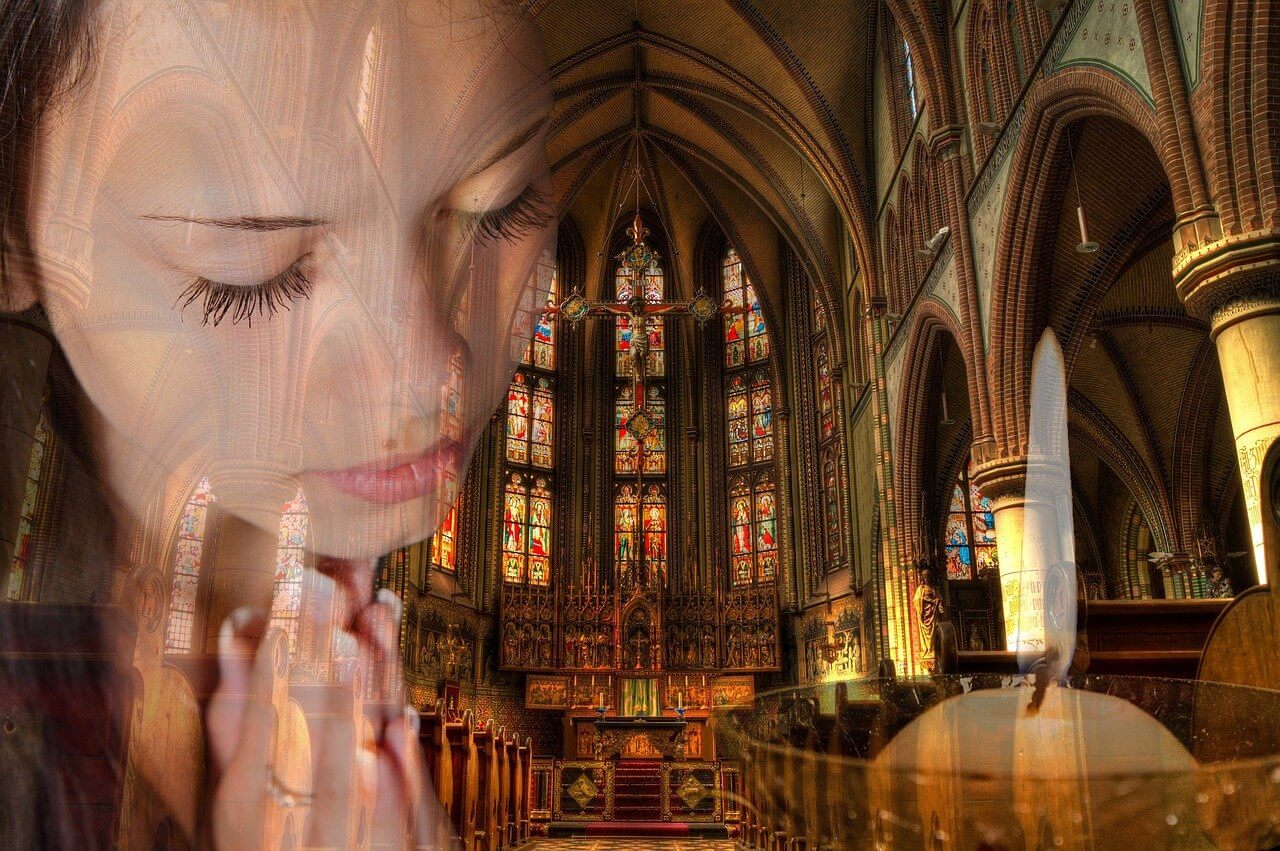The Christian fraternity is a united front that believes Jesus Christ is the Son of God who came and died sacrificially for our sins. The central verse that brings the family of Christ together is John 3:16,
“For God so loved the world, that he gave his only begotten Son, that whosoever believeth in him should not perish, but have everlasting life.”
However, there are different forms of Christianity depending on the central teachings and predominant beliefs.
As of today, the main denominations are Catholicism, Eastern Orthodoxy, Oriental Orthodoxy, Protestantism, Assyrians, and Anglicanism. Some scholars consider Restorationism as a Christian branch as well.
Each of these branches or denominations have a way of accepting believers into their fold. In this article, we shall look at how long it takes to become Catholic.
What You'll Learn Today
Becoming A Catholic

According to the Vatican, there are 1.3 billion Roman Catholics globally. About 41% of them live in Latin America and 23.7% in Africa. In the US alone, statistics indicate that there are about 51 million adult Catholics.
Asia and Africa are the main growth drivers of Catholicism in the world. Many people converting to Catholicism are drawn by historical, reasonableness, and biblical adherence and coherence as of the denomination.
Converting To catholic
There is no prerequisite to you becoming a Catholic. You may be a non-believer who upon accepting Jesus Christ as Lord and savior chooses to be Catholic. You can also convert from another Christian denomination like Protestantism and become catholic. The possibilities are endless.
Having said that, you need to appreciate that becoming catholic is not a one-day event. It is a lengthy process with several steps each having a particular significance. If you have been wondering how you become a Catholic, here is the process involved.
1. Self-Exploring
Becoming Catholic is a spiritual decision that is not to be taken lightly. It can change your life significantly and put you on a totally new course altogether. Therefore, you need to consider ask yourself why you would like to convert and whether you are ready to change your life and embrace the Catholic values.
Take time to read the Bible if you’ve never been Christian at all and the catechism. This is the set of instructions written in the form of questions and answers to give you the first layer of understanding of the Christian doctrine.
2. Finding The Right Church
Visit local catholic churches around identify the one that you would like to be attending regularly. It is not always that the nearest church is the most suitable for you. You may have different preferences.
After you get a church, attend mass, and just get a feel of what it is like to worship and pray in that church. It is not a must but ensures that you are comfortable with everything else. It is more like doing a road test before you buy a car.
3. Church Initiation
This is where the main process of becoming a Catholic begins. Before you make any progress, you need to get in touch with the parish office. catholic churches are organized into parishes. Let the parish officials know that you’ve made up your mind to become catholic.
- Precatechumenate: This is the first stage in the initiation process. Here you talk to the priest, attend mass regularly and just reflect on the whole experience and decision to convert to catholic. The priest will give an overview of what it is like being catholic and a few conditions to prep you up.
- Rite of Christian Initiation for Adults: Abbreviated as RCIA, this is the second step comprising catholic education classes on the history, beliefs and values of the church. You’ll also learn on the proper order in which Mass is celebrated.
- Complete the liturgical cycle: The liturgical cycle is simply the Christian calendar year where in which all the feast and celebrations take place. Typically, RCIA classes take one liturgical year to complete. The church will assign you a sponsor but if you have one you would like to work with, feel free to recommend them. The sponsor helps to answer any questions you may have concerning the process and faith you are subscribing to.
4. Purification And Enlightenment
When your RCIA classes and effectively a liturgical year are almost over, you are now deemed “an elect”. You’ll be required to prepare for three celebrations which include the Rite of Election, the Call to Continuing Conversion, and the Great Vigil of Easter.
At the beginning of Lent, you’ll go through the Rite of Election and the Call to Continuing Conversion. Later on, when the forty days are over, you’ll now go through the Great Vigil of Easter. Here, you’ll be baptized, confirmed and then finally receive Eucharist.
The Easter Vigil is usually one of the most memorable and beautiful experience in your conversion process. Once this is over, you are now considered a fully-fledged catholic ready to take up any duty.
However, you must remember to attend Mass regularly and cultivate the habit of confessing your sins every so often.
Conclusion
Being a Catholic is a journey that begins with self-discovery and ends with the purification and enlightenment. The whole process takes one liturgical year which is 8 seasons of 7 weeks each.
Having said that, becoming catholic doesn’t end with baptism and confirmation at the Great Vigil of Easter. It is a continuous process that ushers you into the lifelong mystagogy. This is where you become closer to God by day as you delve into the Christian values and beliefs.
Other than the length of the process, the experience is rewarding. Take each step seriously and internalize the teachings.
I would like to know who is Lilith and is she Adams first wife
Do you have a Bible with Big letters
I what to learn the Bible and understand the Bible
I can help you in case you are interested